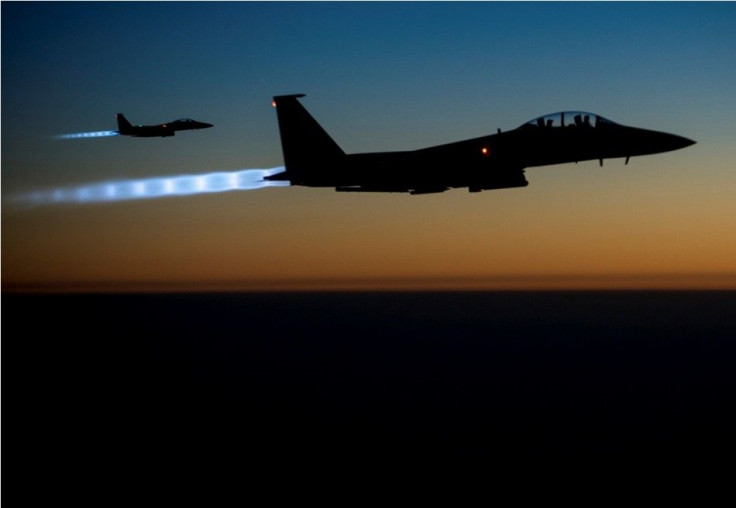Australia 'Ready for Combat' In The Middle East

Australia has declared that its forces in the Middle East are ready to start air strikes as soon as the command is given. Air Commodore Steve Roberton said the forces underwent training flights to prepare for combat operations.
Six Super Hornets took rounds in the air. It was the first time the aircraft did so since arriving in the Middle East. The rounds were taken to have better understanding of the conditions. At the same time, the Hornets flew to coordinate with coalition allies as well. Roberton, the commander of the forces, declared that the Australian forces were "ready for combat." The troops include an E-7A Wedgetail airborne early-warning aircraft, a KC-30A airborne refueller as well as 600 defence personnel.
"To ensure that we have bed down properly, that we are, no kidding, ready to go, should the government make that decision to commence operations here in the Middle East," he said, "we've managed to deploy the largest air-task group since Vietnam. We've gotten over here within days, and we're ready for combat operations."
9News reports that the Cabinet would be likely to sign off on army action within a week. Even though there is a Cabinet meeting tomorrow, the green signal for the military action should only come in the latter part of the week, following an international security committee recommendation. According to Foreign Minister Julie Bishop, the decision will be "measured" and "prudent." She said that Australian troops would react to the formal invitation of the Iraqi government. Bishop also said that "appropriate legal framework" would be ensured regarding protection, privileges and immunities. The primary focus is to make the terrorists starve for funds, foreign fighters and weapons, she said.
According to Roberton, the initial stage of the fight is going to be essential for the troops. Defence chief Air Chief Marshal Mark Binskin, on the other hand, said that Australian troops had been coordinating with international partners of the mission. Binskin said that the task group would be capable enough to operate in coordination with coalition aircrafts, Courier Mail reports. Every aircraft of the Air Task Group is conducting its first ever combat deployment. Binskin also said that the troops should "significantly enhance" the capabilities of the Iraqi security forces against the Islamic State.
Contact the writer: s.mukhopadhyay@ibtimes.com.au





















